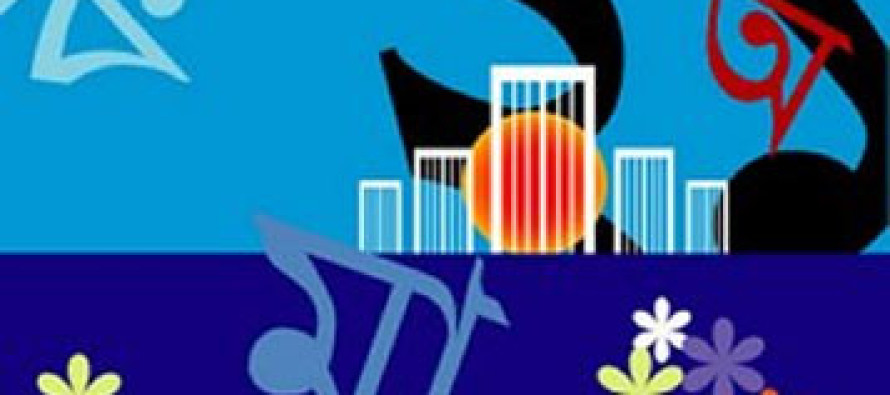International Mother Language Day

The UN International Mother Language Day celebrated on 21 February commemorates the lives sacrificed by Bengalis to defend their right to speak Bangla on this date in 1952. What is less known around the world is how this language movement triggered the political force that resulted in an independent Bangladesh in 1971.
The basic demand for the right to speak Bangla provoked the first signs of the Pakistani brutal and violent suppression of peaceful movements. Starting at 1948 when the West Pakistanis made Urdu the only official language, the government took a hardline with anyone demanding their right to speak Bangla. The Pakistani government banned rallied all rallies and processions. The government’s brutality took its most violent form on 21 February 1952 when the police opened fire on students of Dhaka University who were protesting peacefully for the recognition of Bangla. This date became the iconic day that symbolised the start of Bengalis’ sacrifice for their language, land and rights.
The Bangla language movement, perhaps more than others, was important because it unified Bengalis as a singular political force against the West Pakistanis. The deep and rich wealth of Bengali culture became Bangladesh’s most powerful weapon against the Pakistani elite. By trying to suppress our Bengali culture, they strengthened our resolve to defend it. Bengalis did this peacefully and by showing that the power of the people could beat the power of the gun. As a part of this movement, Bengali cultural leaders like Munir Chowdhury and Shahidullah Kaiser produced a wave of Bengali literature and songs that strengthened our identity and roots. The writings and songs of literary giants such as Rabindranath Tagore and Kazi Nazrul Islam were celebrated with greater spirit and vigour.
One important focal point for this strong cultural movement that united Bengalis every year was the celebrations surrounding Pahela Baishakh – the Bengali New Year. The celebrations of Pahela Baishakh gained new life in the 1950s and especially in the 1960s that continues to this day. Celebrating Pahela Baishakh every year united Bengalis in song and spirit. The Ramna Batamul in Dhaka’s Ramna Park became the centre of expressing a powerful political and cultural statement of Bengalis asserting their right to practice their culture.
Couragous political leaders, such as Dhirendranath Datta who was killed along with his son in 1971 by the Pakistani army, spoke up against this oppression in parliament. Future giants of politics such as Bangabandhu Sheikh Mujibur Rahman and Tajuddin Ahmed also made their mark during the language movement as key organisers. But at the same time, there were influential local leaders such as Khwaza Nizamuddin who supported the suppression of Bengalis.
This combined cultural and political movement brought the first political success for Bengalis. In 1956, the Pakistani government finally relented and gave official status to Bangla. This success and momentum of the language movement united the Bengali political consciousness and encouraged Bengalis to demand more of their basic rights such as equal economic, health and education. Primarily, the momentum created from the 21 February drove the political movement that led to the 1971 Liberation War and consequently the independence of Bangladesh.
Although the Bengalis were able to unify against the oppression, mother languages continue to be suppressed and remain unrecognised for millions of people. In Australia, there are thousands of Aboriginal dialects that are barely acknowledged. In Bangladesh itself, the languages of the indigenous people in the Chittagong Hill Tracts or the Garo in Mymensingh are not officially recognised and are slowly being lost. Languages, by their very nature, are unique. They are a basic right. As the UN International Mother Language Day on 21 February recognises the sacrifice of the Bengalis in defending their right to preserve and practice their mother language, we should apply this spirit in our own countries and across the world.


